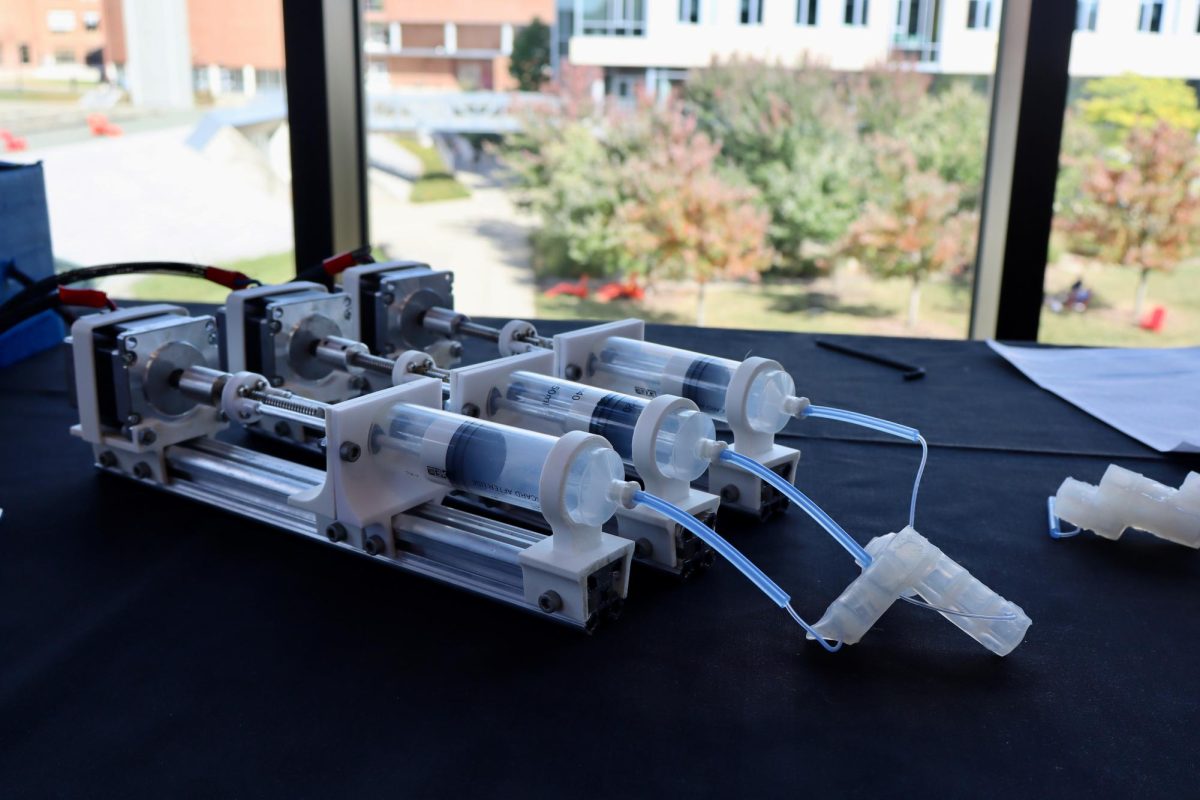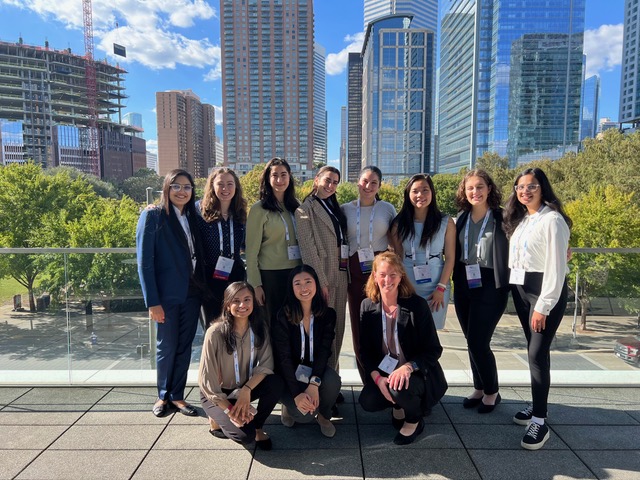
Pennsylvania State University researcher Pamela Cole presented a lecture called “Language and the Early Development of Emotion Regulation” last Thursday, Feb. 27, in the University of Massachusetts in the Campus Center.
Pamela Cole is a liberal arts research professor of psychology and human development, currently studying emotional development in early childhood. Her work pays particular attention to emotion regulation, which is the ability of humans to control their emotional reactions. Cole’s research breaks new ground by analyzing the correlation between the development of proper language skills and emotional self-regulation from an early age. During the presentation, Cole addressed the role that parental language input and toddler language ability contribute to the development of emotion regulation by the time the child reaches four years old.
“We are finding evidence that language development provides the toddler the ability to regulate its emotional reactions through the use of different strategies that vary among different age groups,” Cole said.
The positive outcomes of human’s ability to regulate their own emotions are widely known among psychologists, according to Cole. Some of these outcomes include the capability to engage in successful adult relationships, academic success, professional success and better health, among others.
Cole described with detail one of the many experiments she performed where she observed the behavior of 120 children ranging from 18-48 months old. The toddlers were given tasks designed to create frustration in order to measure spontaneous speech, emotion expressions and language skills.
The findings showed that toddlers with more advanced language skills were able to use different strategies to distract them from their frustration, such as their engagement on a different task. Also, they were better at communicating their feelings verbally, rather than physically.
Cole’s contributions to psychology are primarily focused in the area of emotion regulation development in early childhood and its implications for the development of child competence and child psychopathology. Her published work includes a series of analyses of cross-cultural variations in emotion and socialization, and also of the hidden role of the early brain development in response to the infant’s emotional environment.
The presentation was a part of the Tay Gavin Erickson Lecture Series by the Center for Research on Families (CRF), an interdisciplinary research center on campus. The lecture series was established in 1999 in Memory of Tay Gavin Erikson.
Through the series, CRF brings nationally recognized speakers that specialize in family research to campus every year in order to share their research and provide research consultation to CRF Family Research Scholars.
Cole will use her visit as an opportunity to offer consulting for CRF psychology professor Elizabeth Harvey on her most recent project “A Longitudinal Study of Emotion Regulation in Preschool Children with Symptoms of Attention Deficit Hyperactivity Disorder,” which she is planning to submit to the National Institutes of Health.
Elizabeth Harvey was selected to participate on the Scholar Program due to her outstanding research on the early development of ADHD, which is her area of expertise. She has been widely published in many psychology journals and at the moment counts on a grant by the NIDH to continue her research on ADHD.
Cecilia Prado can be reached at [email protected].



















leah kalish • Mar 5, 2014 at 5:24 pm
Thank you. Can’t wait to read Harvey’s paper!
I work with young children and have developed movement & mindfulness resources for parents & teachers to use to help preK – G1 develop emotional intelligence and self-regulation skills to support their executive function, resilience, and self-care. I observe that when children are connected to their bodies, can identify their inner state, and have tools to support themselves, they become more calm, capable, and kind. If you are interested in our resources or curriculum – please check out our website or contact me. Thanks, Leah